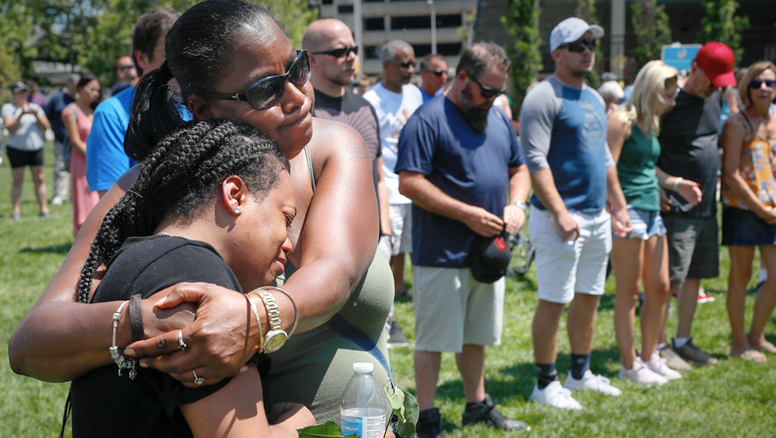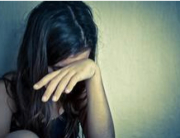
Photo Credit: Associated Press
It is with such a heavy heart that I am sharing this piece I wrote again about how to talk to our kids and teens about horrible news.
The internet and social media make it essential that we get in front of these conversations quickly.
The American Psychological Association’s guide to talking to your kids about difficult news is quite helpful. They, as do I, encourage parents to share their feelings with their children. It is not about burdening them with one’s anxiety or sadness or other emotions. It is about naming feelings and discussing them. This approach has been shown to be highly effective in helping youth develop greater emotional intelligence.
The APA says “It is OK to acknowledge your feelings with your children. They see you are human. They also get a chance to see that even though you are upset, you can pull yourself together and continue on.”
Psychologists generally say that small children, less than 5 years old, do not need to be told about these types of events. But, young kids now have such easy access to information on devices so we need to be mindful that they might be seeing much more than we know.
For older kids, the APA recommends: “Tell the truth. Lay out the facts at a level they can understand. You do not need to give graphic details.”
I believe it is important that we all make sure kids know how rare these tragedies are. In homes where news is on a lot, or where news alerts are readily visible on screens, youth get an inaccurate perspective of the frequency with which tragedies occur. Yes, bad things happen, but the key is letting our children know that for every negative thing, there are thousands of positive things happening. And, be sure at the end of the conversations that you reassure them that they are safe and that you are there for them to talk further.
Thank you to Delaney Ruston, MD for this awesome contribution. For more, visit: www.screenagersmovie.com











